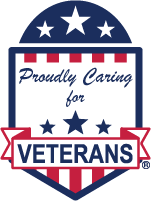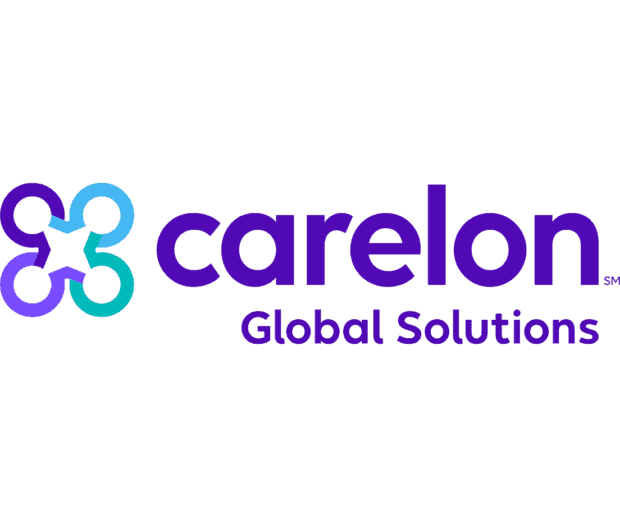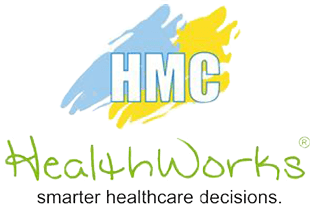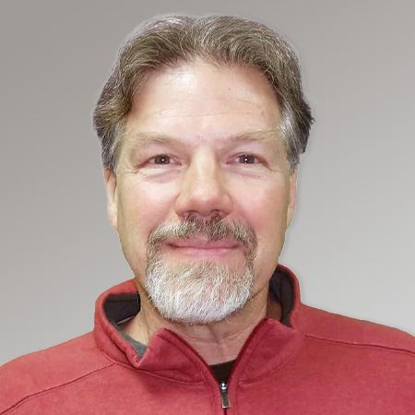

Working To Make Your Recovery Affordable By Accepting Most Insurances
Do not be discouraged if you are not seeing your insurance provider listed on our website. We take many types of insurance! Call Today: (844) 292-5010
-
 In-Network: BCBS
In-Network: BCBS -
 In-Network: Aetna
In-Network: Aetna -
 In-Network: Tricare
In-Network: Tricare -
 In-Network: Cigna
In-Network: Cigna -
 Proudly Caring for Veterans
Proudly Caring for Veterans -
 In-Network: Carelon
In-Network: Carelon -
 In-Network: MultiPlan
In-Network: MultiPlan -
 In-Network: HMC
In-Network: HMC
Decision Point Center Information
What Can Patients Bring to Rehab?
Because patients are essentially leaving behind their old life when they enter our Arizona rehab center, they are limited in what they can bring. If you smoke, you are allowed to have cigarettes, though any smoking paraphernalia may be checked for contraband. Cell phones are only allowed in cases where it is absolutely necessary for patients to contact their families or loved ones. Food and drink, large sums of cash, weapons, and anything containing drugs or alcohol (this may include certain medications, perfumes, mouthwashes, etc.) will not be allowed.
Download What To Bring Document Here
A short list of what you should bring to rehab:
- Identification and insurance cards
- Necessary medications
- Important phone numbers
- Clean clothes
- Toiletries
- Books and a journal
What to Bring to Decision Point Center
Our first priority is always to provide patients with a calming, welcoming environment so they can best embrace the treatment.
We encourage our patients to bring the following with them:
- Medical / Clinical records from previous facilities
- Health insurance cards / RX cards / Identification cards
- Prescriptions for APPROVED medications in original bottles (medication bottles will be turned over to the medical department upon arrival)
- Personal hygiene articles (no alcohol based products) including shampoo, conditioner, body wash/soap, dental hygiene products, disposable razors, cosmetics, feminine hygiene products. Please try to bring enough for the duration of your stay!
- Clothing, including casual clothes (to include pajamas, socks, workout clothes, etc.), walking shoes / tennis shoes / sandals (must have ankle support), jacket (appropriate to seasons) / sweater / sweatshirt. Remember to pack at least two weeks of clothing (in house washer/dryer and soap are provided), both indoor and outdoor clothing. Clothing must not display suggestive language, obscene pictures, drug/alcohol advertisements, or any other inappropriate references. Clothing must be modest and appropriate in nature.
- MUSIC ONLY I-pods / MP3 players
- Sunglasses / Hat / Sunblock
- Cell phone / charger
- Nicotine products. Our campuses do allow some nicotine products. Please plan accordingly and bring enough for the duration of your stay.
Optional items you may bring include:
- Smoking Products (must be unopened)
- An extra blanket (no comforters or bedspreads)
- Stationary, pens, stamps, etc.
- Watch / alarm clock
- Reading material deemed appropriate for recovery by staff
Do NOT bring:
- Your personal vehicle
- Playing cards
- Scissors, mace, knives, etc. or weapons of any kind
- Laptops, tablets / kindles, gaming devices/ consoles or internet capable devices
- Cash, credit / debit cards or check books
- Medications not already pre-approved or without a prescription
- Over the counter medication
- Expensive jewelry, clothing or high value items
- Protein, energy, steroid, or weight control products of any kind

Real Clients. Real Recoveries.
-
“Thank you for helping me navigate through one of the most difficult times in my life. I really attribute my experience while in your care to saving my life and career.”- Phil O.
-
“Doug and Wade really helped me and my loved ones through a tough time.”- J.C.
-
“Steve in admissions was extremely helpful for our family as we tried to choose a program recently.”- Paula A.
-
“Decision Point was different from the beginning. A team approach from professionals who care.”- Candace
-
“Thank you for helping me be a better person. Doug and Wade really helped me and my loved ones through a tough time.”- JD
-
“The moment I was in their hands, my transformation began. They actually cared. They actually WANTED to help me. I wasn't just another paycheck to them. They asked questions. They made a plan for me. And they followed it to the T.”- Amber B.
-
“THIS MAN MOVED MOUNTAINS to literally help save her!”- Corin C.
-
This facility deserves a special recognition. They have been around for years but the services they provide and the recovery that comes out of their facility, only seem to grow over the years. I have worked with Stephen from the admissions department and he has always gone above and beyond to make sure clients feel comfortable and get the care they need. I definitely recommend Decision Point Center!!!!- Ashley B.

We Understand You May Have Questions
Let Us Provide You With Answer
-
How Do I Know if I'm an Addict?At Decision Point we avoid labels and embrace empowerment. With our comprehensive assessments, clinical expertise, and varying levels and lengths of treatment we determine which route is best for your unique needs.
-
What types of disorders are covered under dual diagnosis treatment?There are several mental health disorders that we treat in our dual diagnosis program. Some mental health disorders treated at our dual diagnosis program at Decision Point Center are Depression, Bipolar disorder, Generalized anxiety disorder (GAD), Panic disorder, Obsessive-compulsive disorder (OCD), Child and adult trauma, Post-traumatic stress disorder (PTSD), Borderline personality disorder, Attention deficit disorder (ADD), Attention deficit hyperactive disorder (ADHD).
-
How Does Decision Point Determine My Treatment Plan?You are unique. Our commitment to, “You-based” treatment is at the forefront of what we do. Through one of the most comprehensive assessments in the treatment world today, we create, tweak, and refine your plan to provide a treatment experience uniquely tailored to your strengths, weaknesses and condition.
-
When Was Decision Point Founded?Decision Point was founded in 2004 in Prescott, Arizona. Using a combination of modern techniques for the successful rehabilitation of our clients, we provide a safe, secure environment to help people achieve long-term recovery.



Meet Our Dedicated Team
-
 Mary Ann Zuppardo Executive Director
Mary Ann Zuppardo Executive Director -
 Dr. Terry Vaughan Medical Director, Psychiatrist
Dr. Terry Vaughan Medical Director, Psychiatrist -
 Stephen Leza Director of Admissions & Business Development
Stephen Leza Director of Admissions & Business Development -
 Lindy Howard, MA, LPC Clinical Director
Lindy Howard, MA, LPC Clinical Director -
 Luke Bailey Director of Compliance
Luke Bailey Director of Compliance -
 Deborah Pallett, P.A. Physician Assistant
Deborah Pallett, P.A. Physician Assistant -
 Dr. Julia L. Summers, LPC DBT Therapist
Dr. Julia L. Summers, LPC DBT Therapist -
 Douglas Winter MS, LISAC, CSAT Primary Therapist
Douglas Winter MS, LISAC, CSAT Primary Therapist -
 Mark Branson, MA, LPC, NCC Trauma Therapist
Mark Branson, MA, LPC, NCC Trauma Therapist -
 Troy Trout Outdoor Activity Coordinator
Troy Trout Outdoor Activity Coordinator





















